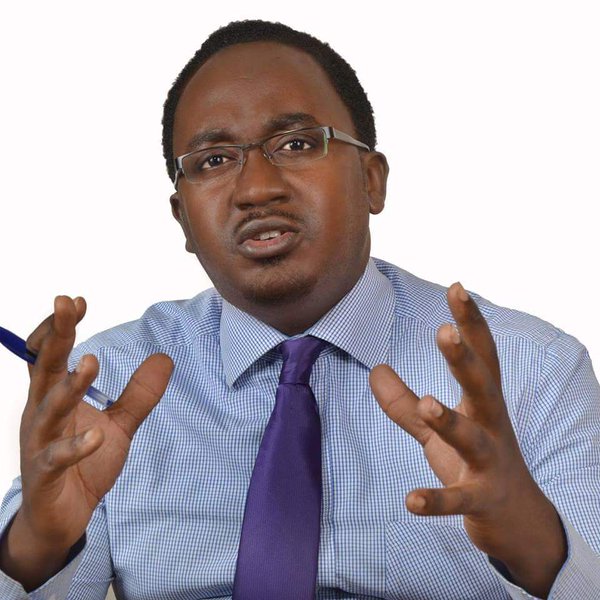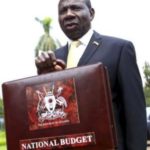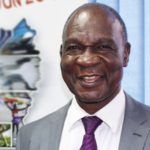With two years remaining to 2020 when Uganda expects to attain a middle income status, Uganda’s civil society now says the country is unlikely to achieve that milestone.
“With oscillating growth target of below 4%, the aspiration of reaching a middle-income country by 2020 may not be achieved when close to 50% of the Shs 29.274 trillion annual budget projection for FY 2018/19 is being funded by external financing and largely loans whose absorption rate is languishing below 40%,” members of the civil society say in a New Year message, titled, ‘Transcending Despair and Restoring Dignity: Ugandans on a People-Driven Path to Progress’.
The NGOs further say that institutional dysfunction and corruption have seen Crucial sectors of education and healthcare suffer the impact of funding shortages and the wanton theft of public resources.
“It is highly imperative to note that while the country boasts of robust anti-corruption laws and institutions, the gap between the form and function of these institutions remains wanting,” they say.
They add that the continued leakages in school examinations, non-action on the Auditor General’s Reports, emergence of new high profile cases of corruption and stagnation of major projects are all a manifestation of the institutional weakness that have to be fixed immediately.
They also want government to pay attention to regulation of the agricultural and livestock sector: and put up mitigation measures to curb the challenge of farmers planting infected seeds which led to low productivity and hunger.
They urge government to pay attention to climate change, saying Uganda’s weather patterns changed as reflected in the unpredictable rainfall patterns characterized by a mosaic of extended droughts and heavy storms that have led to loss of assets and livelihoods in 2017.
“In order to cope with these fast changes in the short and medium term, the Government of Uganda needs to fast track the delayed implementation of the National Climate Change Policy, advance mainstreaming of climate change in the district development planning process as well as the district environment action planning process,” they say.
Further, according to the civil society groups, in order to address the increasing vulnerability of the majority poor on one side and in line with the Paris Agreement, the country needs to expeditiously formulate the National Adaptation Plan through a multi-stakeholder consultative process.
In a related development Crispin Kaheru, the Coordinator, Citizens’ Coalition for Electoral Democracy in Uganda (CCEDU), which is one of the active civil society groups in Uganda, says the government needs to rethink its approaches and come up with innovative measures to redeem the country’s inclusive growth prospects and achieve a better life for all Ugandans.
According to Kaheru, since 2010 Uganda’s economic growth has been more unpredictable ranging from a high of 6.8% during the financial year 2010/11 to a low of 3.9% in the financial year 2016/17.
He adds that the sluggish and uneven growth resulted in government failing to meet its desired 7.2% annual growth rate which was the target for the National Development Plan I (NDP I) over the five-year period 2010/11 to 2015/16. “Growth in FY 2016/17 was only 3.9%, which is lower than the 5% growth that was initially projected,” he quotes government reports.







